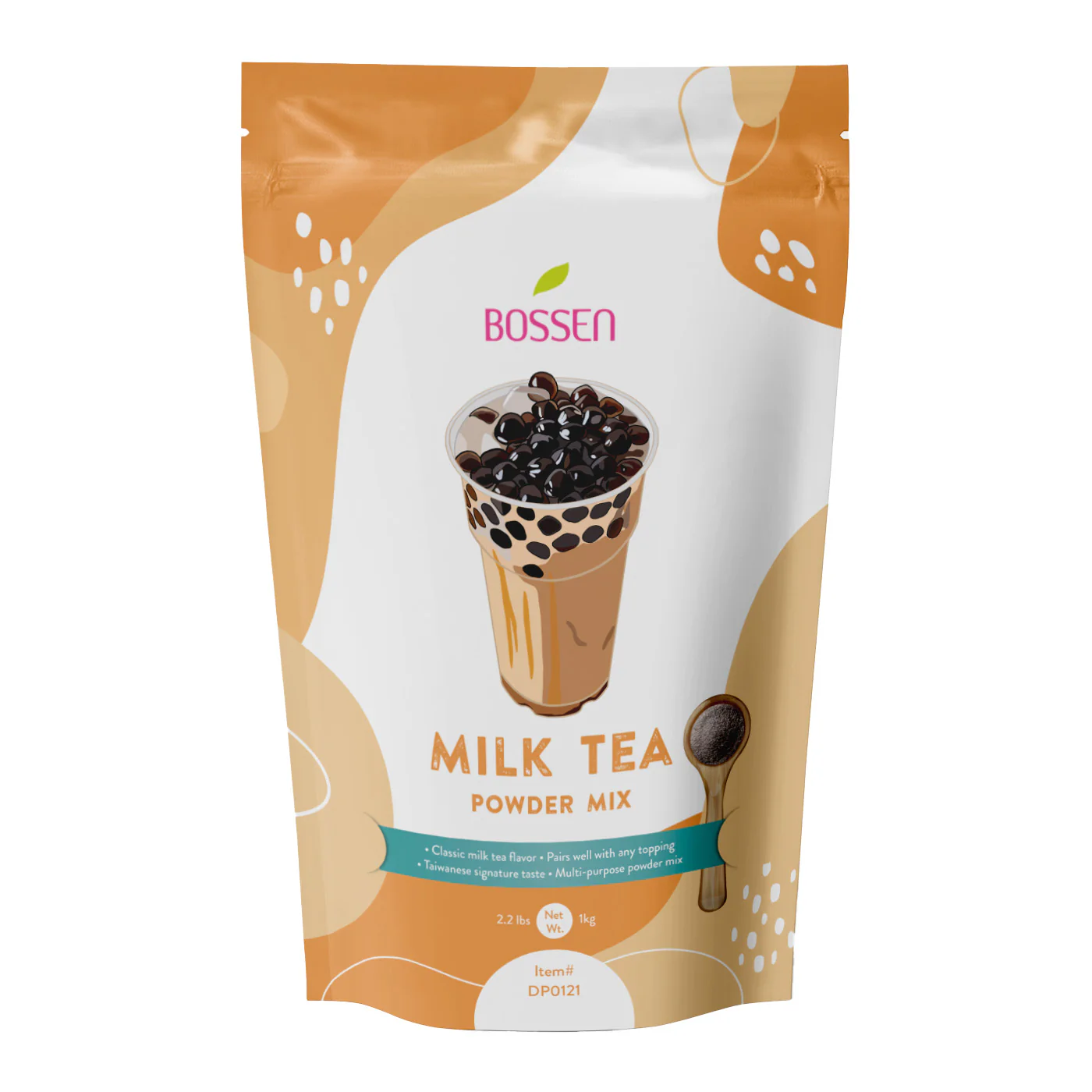When it comes to making healthy and budget-friendly food choices, seafood often tops the list of nutritious options. From its high protein content to its abundance of essential fatty acids and vitamins, incorporating fish into your diet can offer numerous health benefits. However, one of the challenges many people face is finding a balance between quality, convenience, and cost. This is where frozen fish comes into play as an excellent alternative to fresh seafood. If you’re looking for high-quality seafood, you can also explore local options at a seafood restaurant in Suffolk VA, where fresh catches are often available.
In this article, we will delve into the advantages of choosing frozen fish, exploring how it can be a smart and sustainable choice for your household. We will also discuss practical tips on selecting and preparing frozen fish to ensure you get the best out of this versatile and nutritious food source.
Quality and Freshness
One of the main concerns people have when opting for frozen fish is whether it can match the quality and taste of fresh fish. Interestingly, advancements in freezing technology have significantly improved the quality of frozen seafood available in the market. Fish is often frozen immediately after being caught, which helps to lock in its freshness and nutrients. This process can even surpass the freshness of some “fresh” fish, which might have spent several days in transit before reaching your local store.
Moreover, frozen fish can be more consistent in quality compared to fresh fish, which can vary depending on how long it has been out of the water. When you choose frozen fish, you are more likely to enjoy a product that retains its texture, flavor, and nutritional value, ensuring
a satisfying culinary experience.
Accessibility and Affordability
Another significant advantage of choosing frozen fish is its accessibility. Fresh fish is often subject to seasonal availability and can be hard to find depending on where you live. In contrast, frozen fish provides a year-round option, allowing you to enjoy a variety of seafood regardless of the season. This expanded access to different fish types means you can diversify your diet more easily and incorporate a range of nutrients into your meals.
From an economic standpoint, frozen fish is typically more affordable than its fresh counterpart. The longer shelf life of frozen products means that they can be bought in bulk and stored for longer periods without the risk of spoilage. This not only helps reduce food waste but also allows you to take advantage of sales and discounts, making it easier to stick to your grocery budget.
Benefits of Choosing Frozen Fish
When it comes to convenience, frozen fish stands out as a time-saving option for busy individuals and families. Pre-portioned and pre-cleaned options are commonly available, which can significantly cut down on preparation time. This is particularly beneficial for those who may feel intimidated by the process of cleaning and filleting fresh fish. Additionally, frozen fish can be quickly thawed and cooked, making it an ideal choice for quick and nutritious weeknight meals.
Frozen fish also offers a level of flexibility that fresh fish cannot. Because it can be stored for extended periods, you can always have a variety of seafood on hand, ready to be incorporated into your meal plan at any time. This can be especially helpful when unexpected guests arrive, or when you need to prepare a last-minute dish. Furthermore, the benefits of choosing frozen fish extend beyond convenience and flexibility, as it often retains its nutritional value and can be a more sustainable choice compared to fresh fish.
Environmental Impact
Sustainability is a growing concern among consumers, and choosing frozen fish can contribute to more environmentally friendly practices. The ability to freeze fish immediately after it is caught helps to reduce waste, as it allows more of the catch to be utilized instead of being discarded due to spoilage. Additionally, the longer shelf life of frozen fish reduces the need for frequent transportation, thereby decreasing the carbon footprint associated with food distribution.
Many frozen fish products now come with certifications from organizations like the Marine Stewardship Council (MSC), ensuring that the seafood has been sourced from sustainable fisheries. By opting for certified frozen fish, you can support sustainable fishing practices and contribute to the preservation of marine ecosystems.
Health and Safety
Safety is another important consideration when choosing seafood. Frozen fish undergoes a freezing process that kills parasites and reduces the risk of contamination. This makes it a safer option compared to some fresh fish, which might be exposed to bacteria and other pathogens during transportation and handling.
Furthermore, frozen fish retains its nutritional value, offering essential nutrients such as omega-3 fatty acids, vitamins, and minerals. These nutrients are crucial for maintaining heart health, supporting brain function, and promoting overall well-being. By incorporating frozen fish into your diet, you can enjoy these health benefits without compromising on safety or quality.
Culinary Versatility
Frozen fish is incredibly versatile and can be used in a wide range of recipes. Whether you prefer grilling, baking, frying, or steaming, frozen fish can be easily adapted to suit your culinary preferences. Popular dishes such as fish tacos, seafood stews, and grilled fish fillets can all be prepared using frozen fish, making it a convenient option for home cooks of all skill levels.
For those who enjoy experimenting with flavors, frozen fish can be marinated, seasoned, and paired with various herbs and spices to create delicious and nutritious meals. The ability to stock different types of fish in your freezer allows you to explore new recipes and cuisines without the need to source fresh fish every time.
Conclusion
Incorporating frozen fish into your diet offers a host of benefits, from ensuring quality and freshness to providing an affordable and accessible seafood option. Its convenience, safety, and sustainability make it an excellent choice for busy households looking to enjoy the health benefits of seafood without the hassle of frequent grocery trips. By choosing frozen fish, you can take advantage of its culinary versatility and create delicious, nutritious meals that support a balanced and healthy lifestyle.
So, next time you’re at the grocery store, consider reaching for frozen fish. It’s a smart choice that can enhance your meals, save you time and money, and contribute to more sustainable eating habits.









